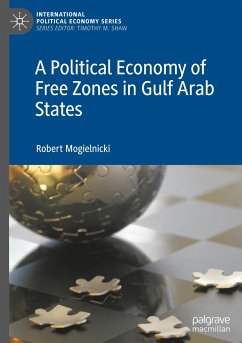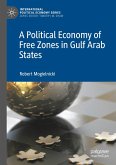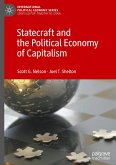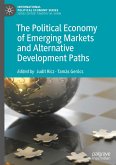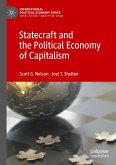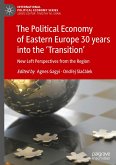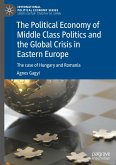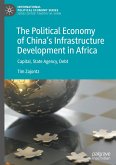This is the first book-length empirical study of free zones (FZs) in Gulf Cooperation Council (GCC) countries. The volume systematically illustrates the development processes behind FZs in Gulf Arab states and assesses the impact of these commercial entities on regional integration, global trade and investment trends, and the Gulf's foreign relations. In the process, the work maps how economic strategies involving FZs evolve alongside varying levels of resource availability and state capacity on a local level while also revealing how development paths in Gulf Arab states are linked to regional and global accumulation circuits. FZ development is an under-examined topic in the wider literature on the Gulf. The empirical findings and theoretical implications of the work therefore offer an original contribution to prevailing political economy discussions concerning the Gulf region.
Bitte wählen Sie Ihr Anliegen aus.
Rechnungen
Retourenschein anfordern
Bestellstatus
Storno

